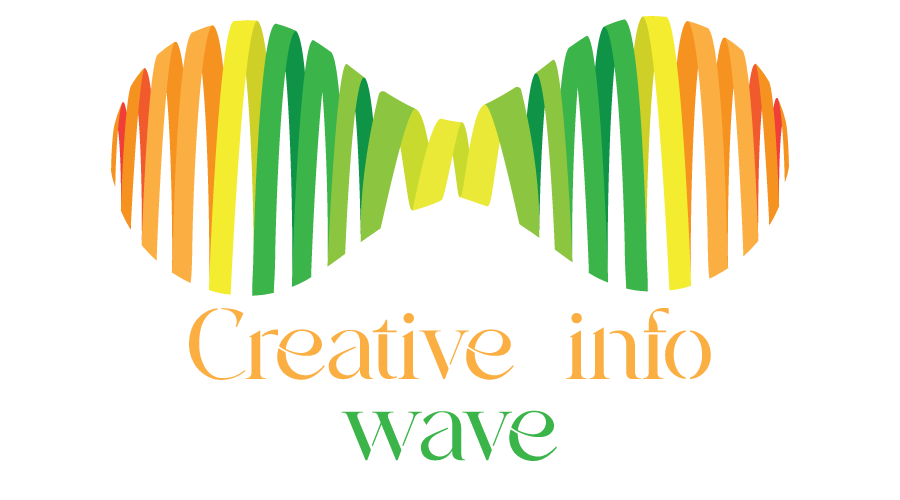Introduction to Behavioral Therapy
Behavioral therapy is a powerful tool in mental health care. Its goal is to assist people in comprehending and altering their behavior. Treatment for a number of mental health conditions, such as substance misuse, depression, and anxiety, has greatly benefited from this type of therapy. For mental health advocates in Maryland, understanding the importance and benefits of behavioral therapy can help support those in need and promote mental well-being across the state. Additionally, for those pursuing a career in behavioral therapy, being aware of the bacb supervision requirements for rbt is crucial for effective practice.
The goal of behavioral therapy is to recognize and alter harmful thought patterns and actions. It helps individuals develop healthier coping mechanisms and improve their overall quality of life. We will discuss the origins of behavioral therapy in Maryland, its guiding principles, and its application to various mental health issues in this blog post. We will also share success stories, guide on accessing therapy in Maryland, and discuss future trends.
The Evolution of Behavioral Therapy in Maryland
Behavioral therapy has come a long way in Maryland. Its roots can be traced back to the early 20th century, but it has evolved significantly over the decades. Initially, behavioral therapy was primarily used to treat phobias and other anxiety disorders. However, as mental health research advanced, the scope of behavioral therapy expanded to address a broader range of mental health issues.
In Maryland, the integration of behavioral therapy into mental health care systems has been gradual. Early adoption was seen in urban areas, where access to mental health resources was more readily available. Over time, rural areas also began to see the benefits of behavioral therapy, leading to broader acceptance and implementation across the state.
Today, Maryland boasts numerous organizations and healthcare providers dedicated to offering high-quality behavioral therapy. State initiatives to improve mental health services and make them more accessible to all residents have supported these efforts.
Understanding the Principles of Behavioral Therapy
The idea that behaviors are learnt and malleable is the foundation of behavioral therapy. This form of therapy utilizes various techniques to help individuals identify and alter negative behaviors. Key principles include:
- Cognitive Restructuring involves identifying and challenging negative thought patterns and replacing them with healthier, more constructive thoughts.
- Exposure Therapy: This technique helps individuals confront and manage their fears in a controlled and safe environment.
- Behavioral Activation: This encourages individuals to engage in positive activities and routines, which can help improve mood and reduce symptoms of Depression.
These guidelines are used by therapists in Maryland to develop individualized treatment programs that are suited to the requirements of each patient. Therapists can help clients develop effective coping strategies and achieve lasting change by focusing on specific behaviors and thought processes.
The Role of Behavioral Therapy in Addressing Specific Mental Health Conditions
Behavioral therapy is versatile and effective in treating a variety of mental health conditions. In Maryland, therapists use this approach to address some of the most common mental health issues, including:
Anxiety Disorders
Behavioral therapy helps individuals with anxiety identify triggers and develop coping mechanisms. Techniques like exposure therapy can gradually reduce fear responses, allowing individuals to manage stress more effectively.
Depression
Behavioral activation is particularly beneficial for those struggling with Depression. Therapists can aid in mood enhancement and the reduction of depression symptoms by encouraging people to partake in constructive activities.
Substance Abuse
Treatment for substance abuse can also be achieved using behavioral therapy. Therapists assist clients in recognizing the situations that lead to substance abuse as well as creating more effective coping mechanisms. The likelihood of a full recovery might be considerably raised using this strategy.
Success Stories and Testimonials
The impact of behavioral therapy in Maryland is best illustrated through real-life success stories. Here are a few testimonials from individuals who have benefited from this form of treatment:
- Sarah’s Story: “I struggled with severe anxiety for years. Behavioral therapy taught me how to manage my triggers and develop healthier thought patterns. Today, I feel more in control of my life.”
- John’s Journey: “Depression had taken over my life. Behavioral activation helped me re-engage with activities I once loved. Gradually, I felt my mood lift, and I started enjoying life again.”
- Emily’s Experience: “Substance abuse was destroying my relationships. Behavioral therapy not only helped me understand my triggers but also gave me the tools to stay sober. I’m grateful for the support I received.”
Accessing Behavioral Therapy in Maryland
Finding the right behavioral therapist in Maryland can be straightforward if you know where to look. Here are some tips to help you get started:
Finding a Therapist
Start by searching online directories or asking your primary care physician for recommendations. Many mental health organizations in Maryland offer referral services to connect individuals with qualified therapists.
Insurance Coverage
To find out what mental health therapies are covered by your plan, contact your insurance provider. Many insurance companies now offer coverage for behavioral therapy, making it more accessible to those in need.
Support Groups
Joining a support group can be an excellent way to supplement individual therapy. These groups provide a community of individuals facing similar challenges, offering mutual support and encouragement.
The Future of Behavioral Therapy in Maryland
The future of behavioral therapy in Maryland looks promising. Emerging trends and technological advancements are set to make therapy more accessible and practical. Here are some key developments to watch out for:
Teletherapy
The rise of teletherapy has made behavioral therapy more accessible, particularly for those in remote areas. This trend is expected to continue, with more therapists offering online sessions.
Integrated Care Models
Integrated care models, which combine behavioral therapy with other forms of treatment, are becoming increasingly popular. These models provide a more holistic approach to mental health care, addressing multiple aspects of an individual’s well-being.
Community Initiatives
Maryland is seeing a rise in community initiatives to promote mental health awareness and access to services. These initiatives are crucial in reducing stigma and encouraging individuals to seek help.
Get your website noticed with high-DA Guest post sites. Quick approval for premium placements that improve rankings and attract more organic traffic to your site.
Conclusion
Move Up ABA Maryland, LLC Behavioral therapy is a vital component of Maryland’s mental health landscape. Its effectiveness in treating various mental health conditions makes it an invaluable resource for individuals seeking to improve their well-being. By understanding the principles of behavioral therapy, recognizing its benefits, and knowing how to access services, mental health advocates can play a crucial role in supporting those in need.
Behavioral therapy in Maryland is not just about changing behaviors; it’s about transforming lives. If you or someone you know could benefit from behavioral therapy, don’t hesitate to seek help. Together, we can create a healthier, more supportive community for everyone.




